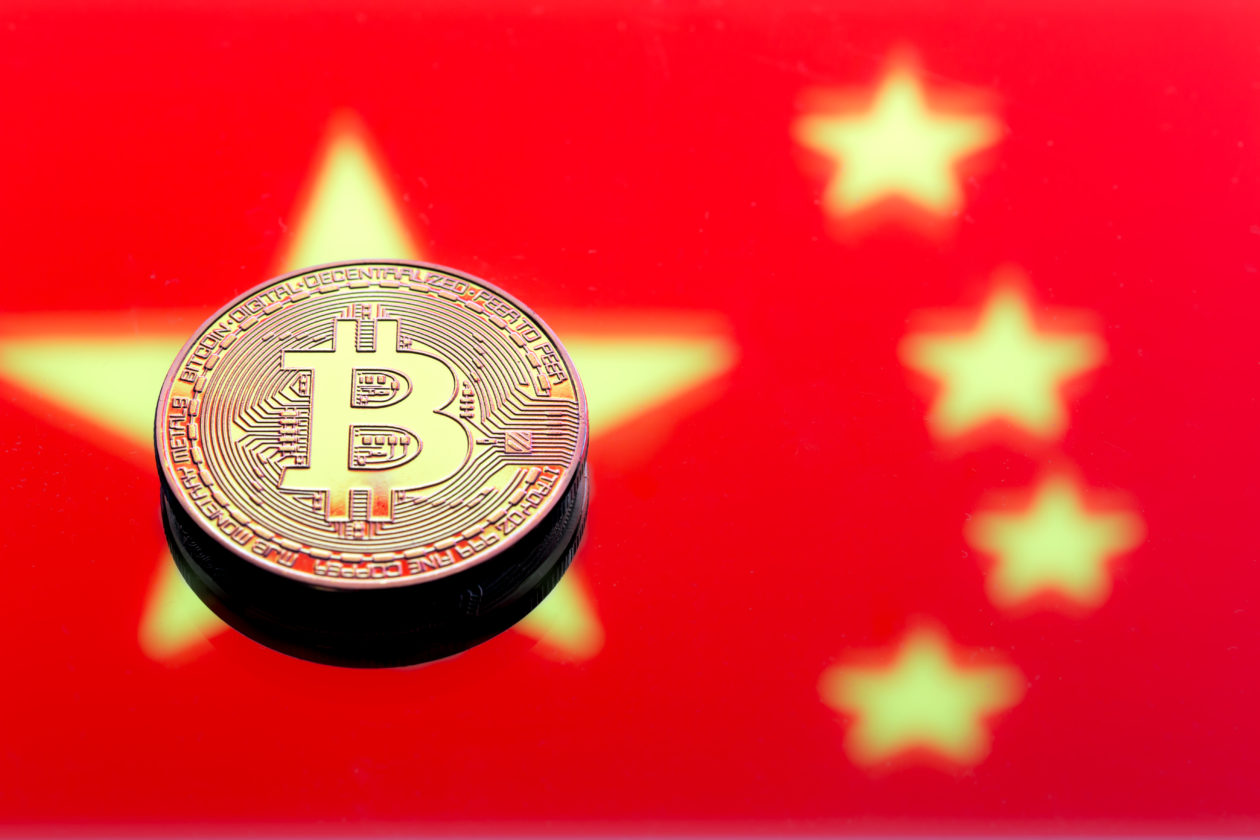Could U.S. Crypto Momentum Push China to Rethink Its Ban?
14.11.2024 16:00 2 min. read Kosta Gushterov
As the United States pushes forward as a crypto-friendly hub, China could soon find itself under pressure to rethink its restrictive stance on digital assets.
Xiao Feng, CEO of Hong Kong-based crypto exchange HashKey, has pointed out that the U.S.’s pro-crypto momentum—especially after Donald Trump’s recent election win and supportive stance—might drive China to adapt its policies more quickly than previously anticipated. Feng suggests that if the U.S. clarifies its regulatory landscape, particularly under Trump’s influence, China may ease its restrictions on cryptocurrency within the next couple of years rather than taking a more prolonged approach.
The “Trump effect” appears to be influencing global markets, with Bitcoin climbing to a record high of $93,000 and the overall crypto market cap surpassing $3 trillion. Trump has also pledged to reduce regulatory barriers in the U.S., including potential changes at the SEC, which has historically enforced strict crypto regulations.
Additionally, Trump’s stance to hold, rather than liquidate, seized Bitcoin signals a commitment to supporting the sector, creating speculation that other nations may follow suit.
Feng adds that China’s economic shifts, including measures like increasing debt issuance and support for lower-income households, may indicate readiness to revisit its stance on crypto. These measures, combined with the expected regulatory clarity in the U.S., could encourage China to reconsider its ban on crypto trading and mining, aligning with the international trend of growing acceptance and integration of digital assets.
If the U.S. continues on its current path of promoting the crypto industry, Feng believes it could be a pivotal influence on China’s policies, potentially accelerating the timeline for loosening restrictions. As interest in digital assets surges across Asia, China’s response to these pressures could play a significant role in shaping the global crypto landscape.
-
1
Bitcoin’s Price Closely Mirrors ETF Inflows, Not Corporate Buys
26.06.2025 11:00 2 min. read -
2
Crypto Company Abandons Bitcoin Mining to Focus Entirely on Ethereum Staking
26.06.2025 20:00 1 min. read -
3
Bitcoin Hits New All-Time High Above $112,000 as Short Squeeze and Tariffs Fuel Rally
10.07.2025 0:35 2 min. read -
4
Strategy Boosts Bitcoin Holdings to 597,325 BTC with Latest Purchase
30.06.2025 15:23 2 min. read -
5
Bitcoin ETF Inflows Hit $2.2B as Market Calms After Ceasefire
25.06.2025 17:00 1 min. read
Bitcoin Blasts Past $121,000 as Institutions Fuel Rally—Will Altcoins Follow?
Bitcoin has officially broken through the $121,000 level, rising 2.84% in the past 24 hours to hit $121,400, according to CoinMarketCap data.
Bitcoin Reaches $119,000 Milestone as Corporate Demand and ETF Inflows Rise
Bitcoin soared to a new all-time high above $119,000 on July 13, extending its bullish momentum on the back of institutional accumulation, shrinking exchange reserves, and technical breakout patterns.
Bitcoin Dominance Nears Key Resistance — Is Altseason Coming Next?
A major shift in the crypto cycle may be approaching as Bitcoin dominance (BTC.D) once again reaches critical long-term resistance.
Bitcoin Sparks Clash Between Mike Novogratz and Peter Schiff
Galaxy Digital CEO Mike Novogratz reignited a long-running feud with economist and gold advocate Peter Schiff after the latter criticized Биткойн yet again.
-
1
Bitcoin’s Price Closely Mirrors ETF Inflows, Not Corporate Buys
26.06.2025 11:00 2 min. read -
2
Crypto Company Abandons Bitcoin Mining to Focus Entirely on Ethereum Staking
26.06.2025 20:00 1 min. read -
3
Bitcoin Hits New All-Time High Above $112,000 as Short Squeeze and Tariffs Fuel Rally
10.07.2025 0:35 2 min. read -
4
Strategy Boosts Bitcoin Holdings to 597,325 BTC with Latest Purchase
30.06.2025 15:23 2 min. read -
5
Bitcoin ETF Inflows Hit $2.2B as Market Calms After Ceasefire
25.06.2025 17:00 1 min. read


